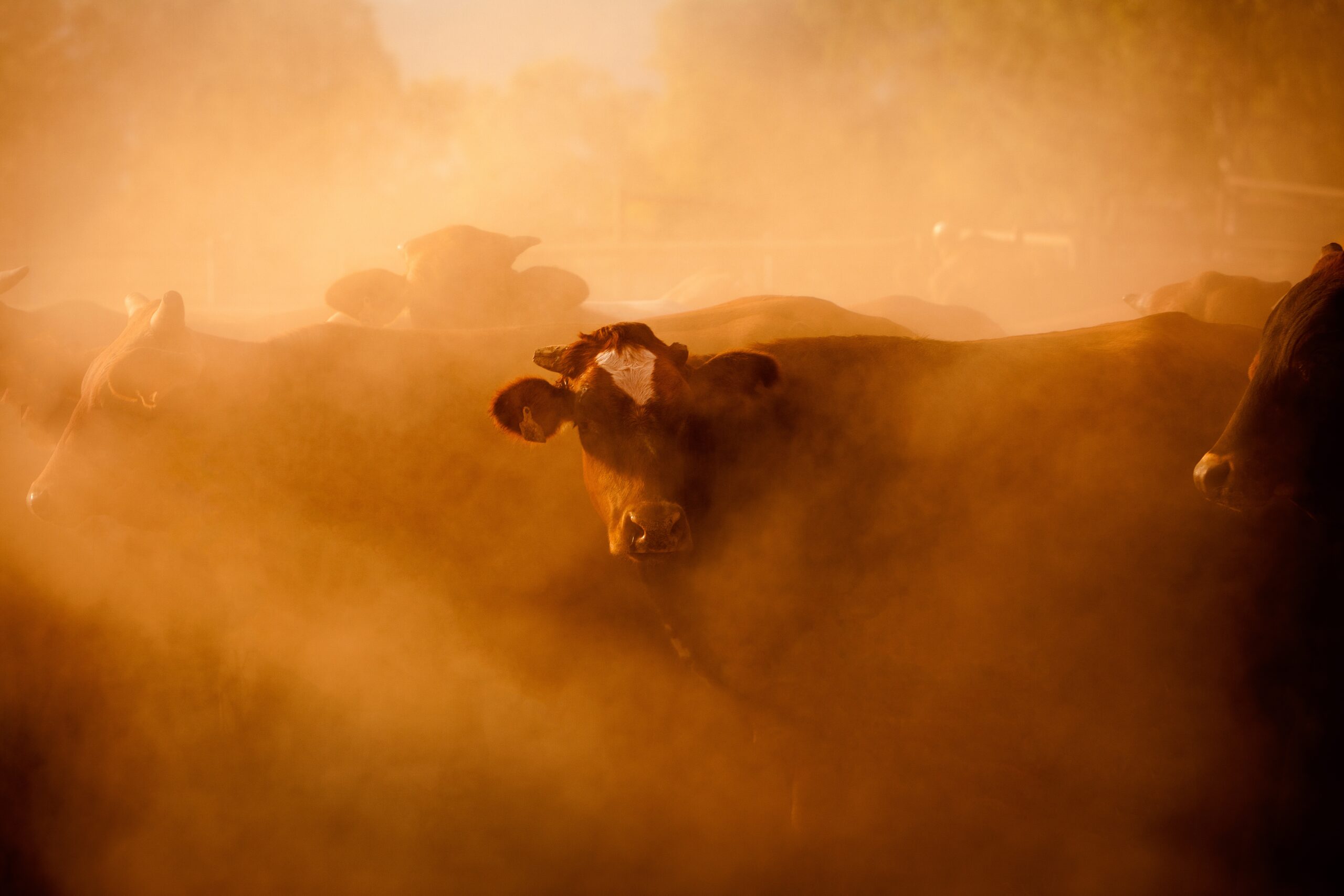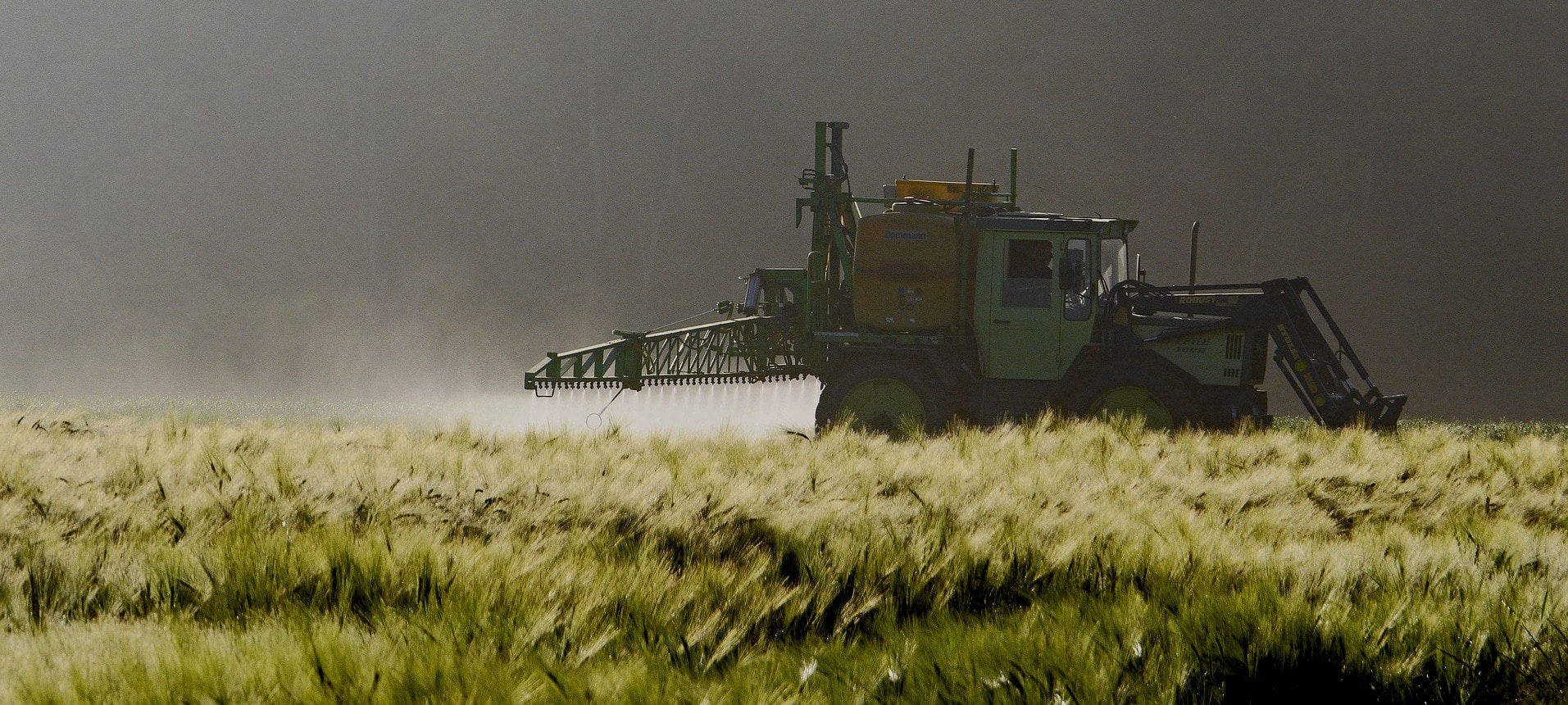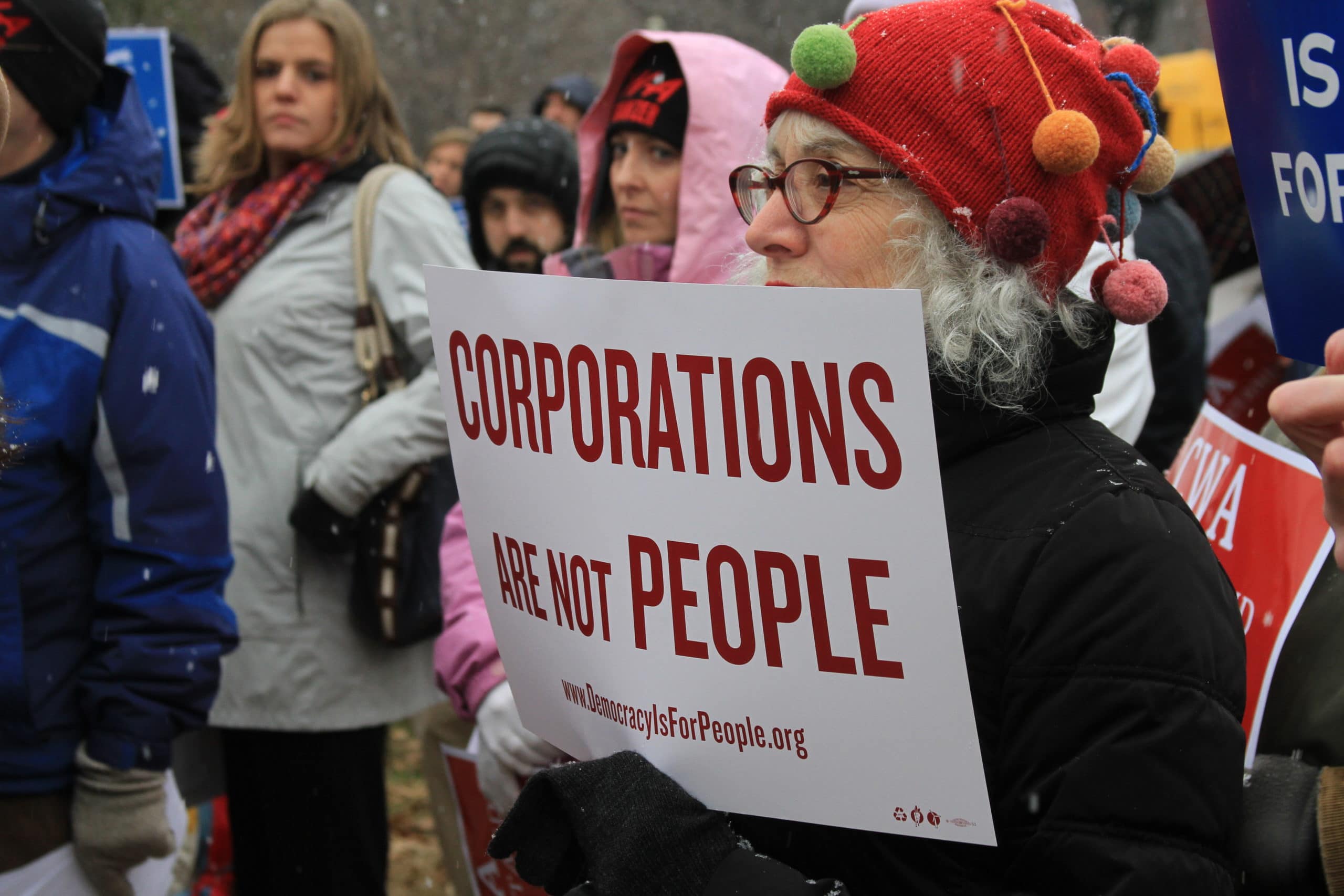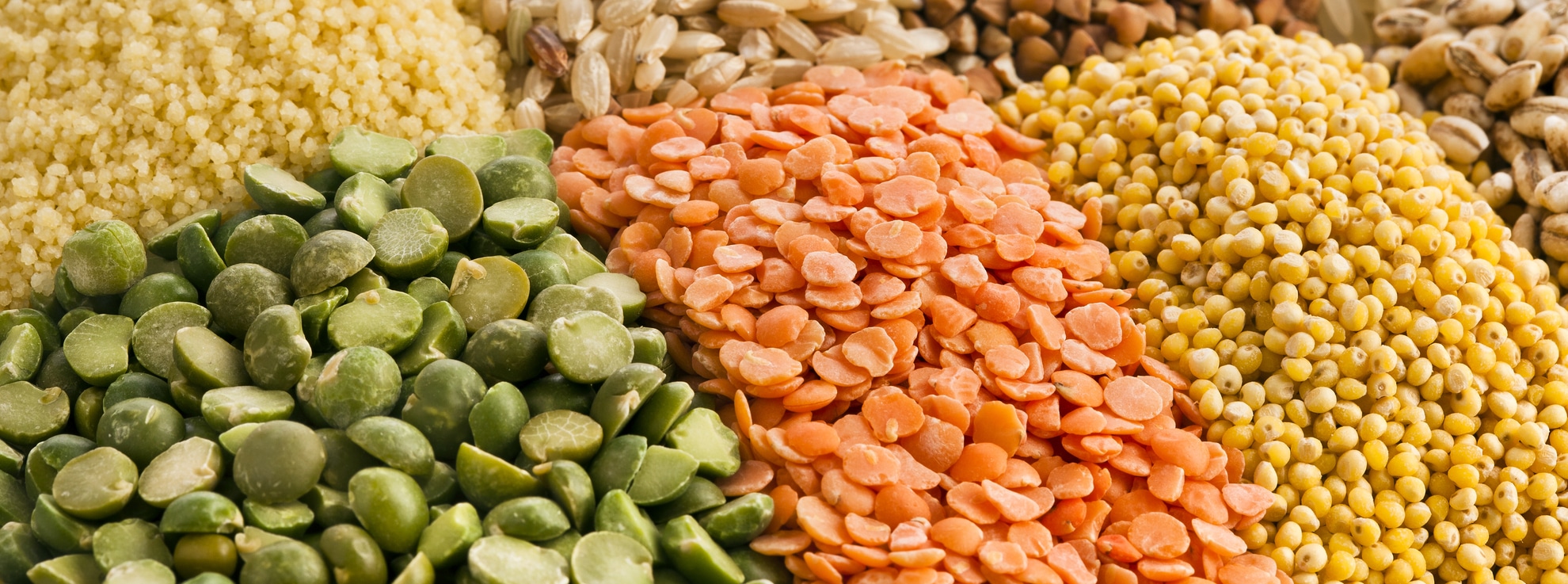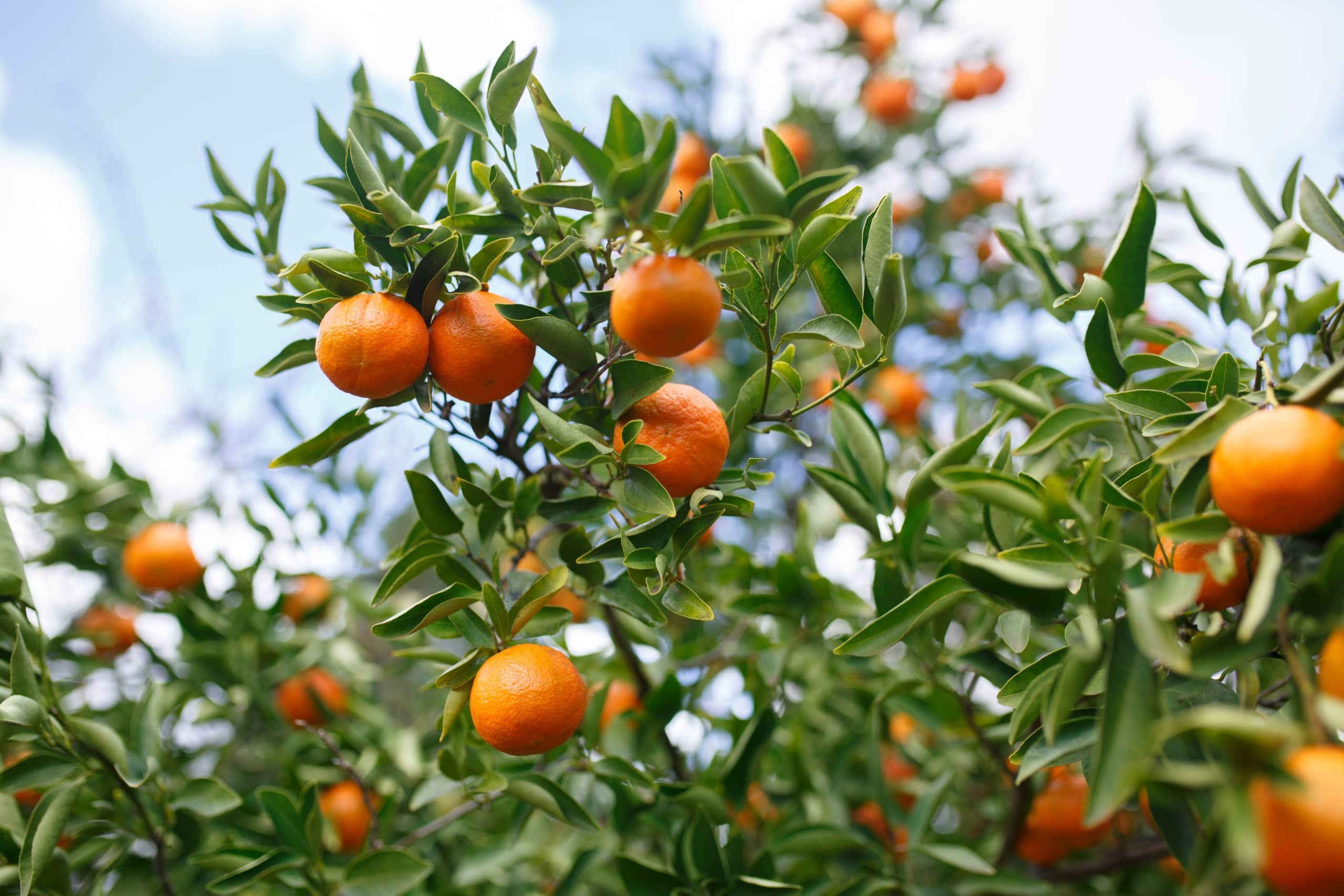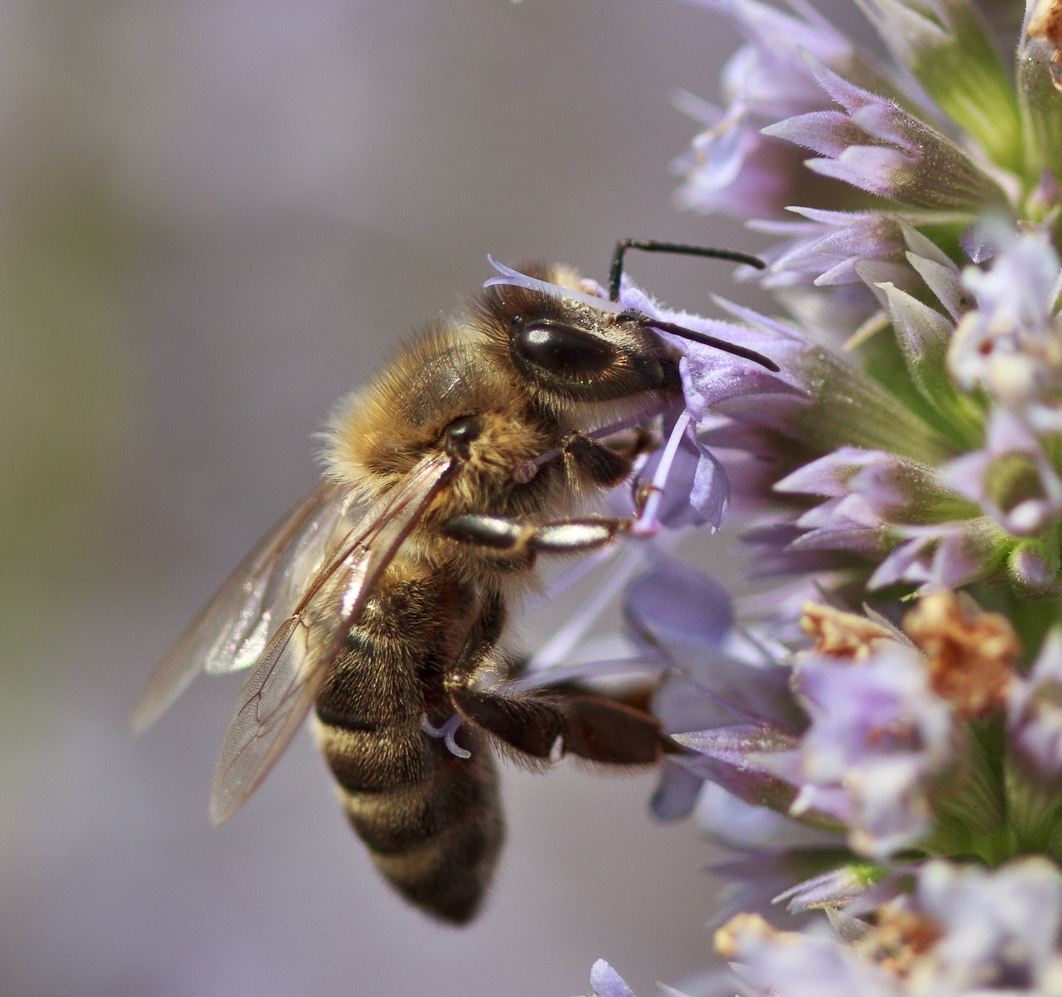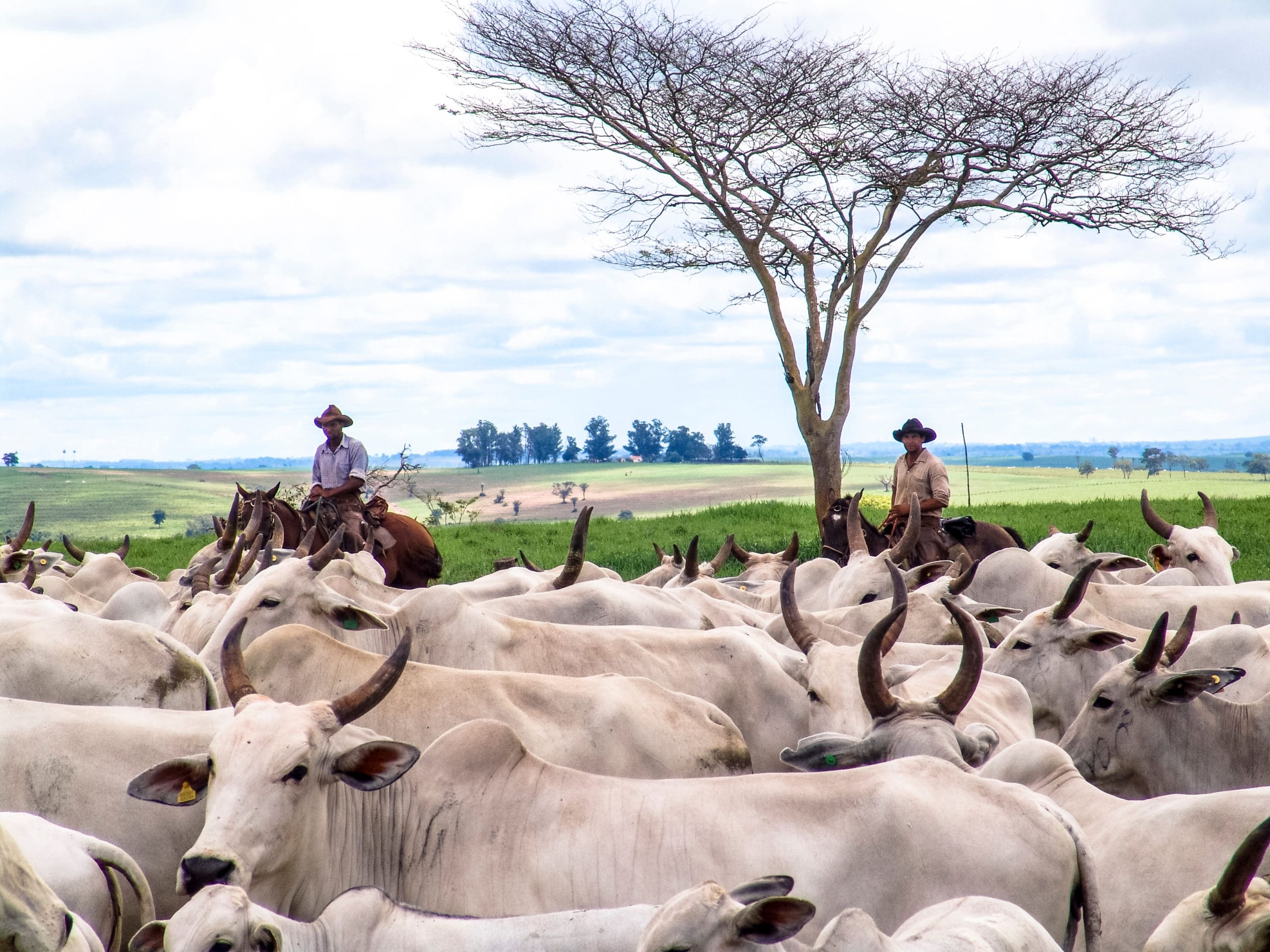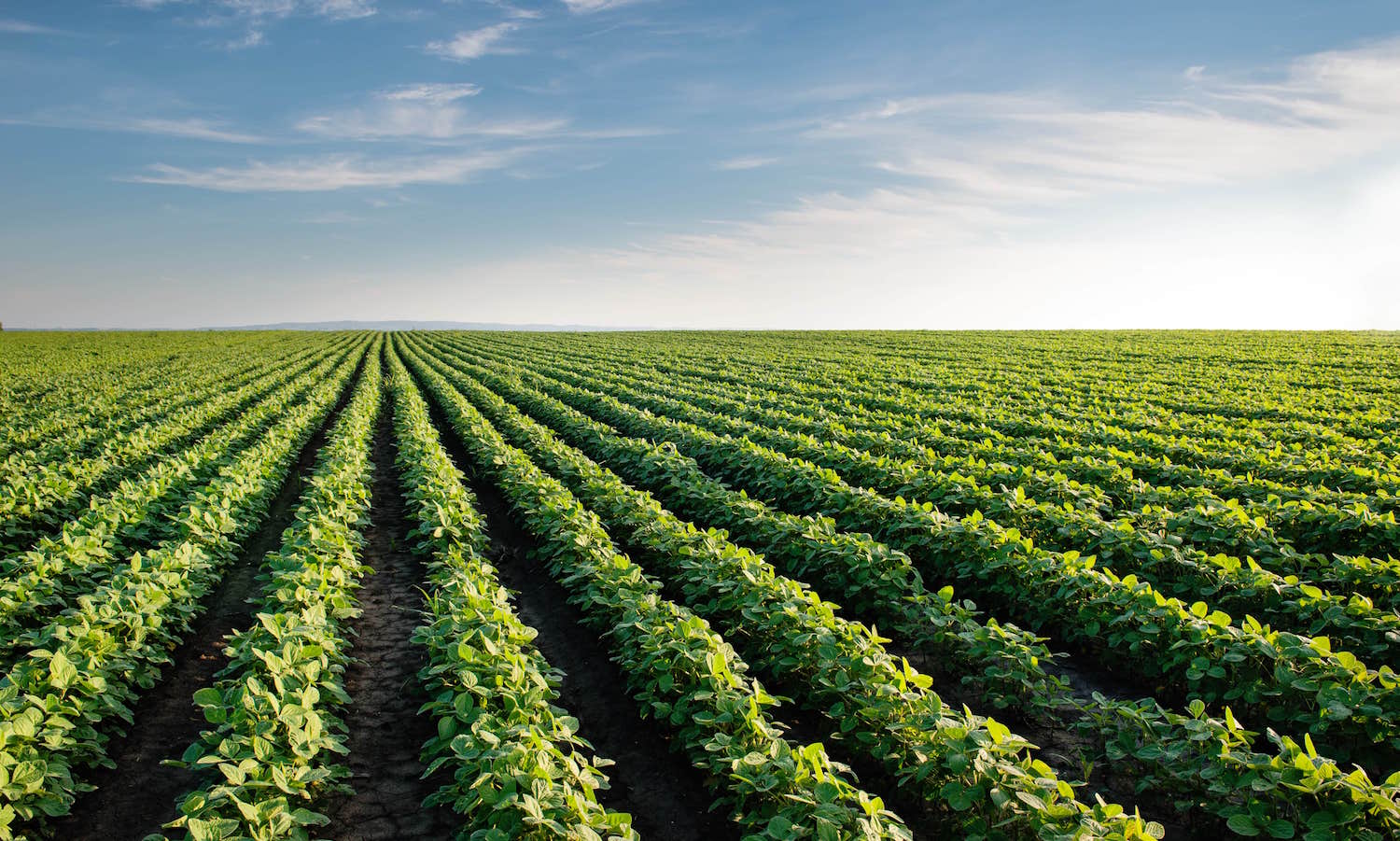
Food & Agriculture
We work to rapidly transition our food system to one that is sustainable, healthy, and just.
Food & Agriculture
For decades, United States food and farming policy, corporate power and agricultural science have been directed toward a narrow goal: producing as many calories as possible as cheaply as possible.
The confluence of these forces has created a powerful river of toxic, energy-intensive factory farming. We are eroding public health, worker safety, local economies, animal welfare, and the resilience of the ecosystems we depend on. Solutions are available — if policymakers, people and businesses make vitally needed changes. We must farm in a way that protects the health of people and the planet. We seek three fundamental shifts in our food system: from toxic and chemical intensive to healthy and ecologically regenerative; from corporate controlled to democratically governed; and from a system that embodies the deepest inequities in our society to one that advances justice and fulfills the needs of all eaters now and in the future.
Media
Support FOE
We’ve been defending the Earth and fighting for a healthy and just world for more than 45 years. But we need your help to keep going. Become a friend of the earth and join the movement to protect our planet and all its inhabitants.
Resources
Take Action
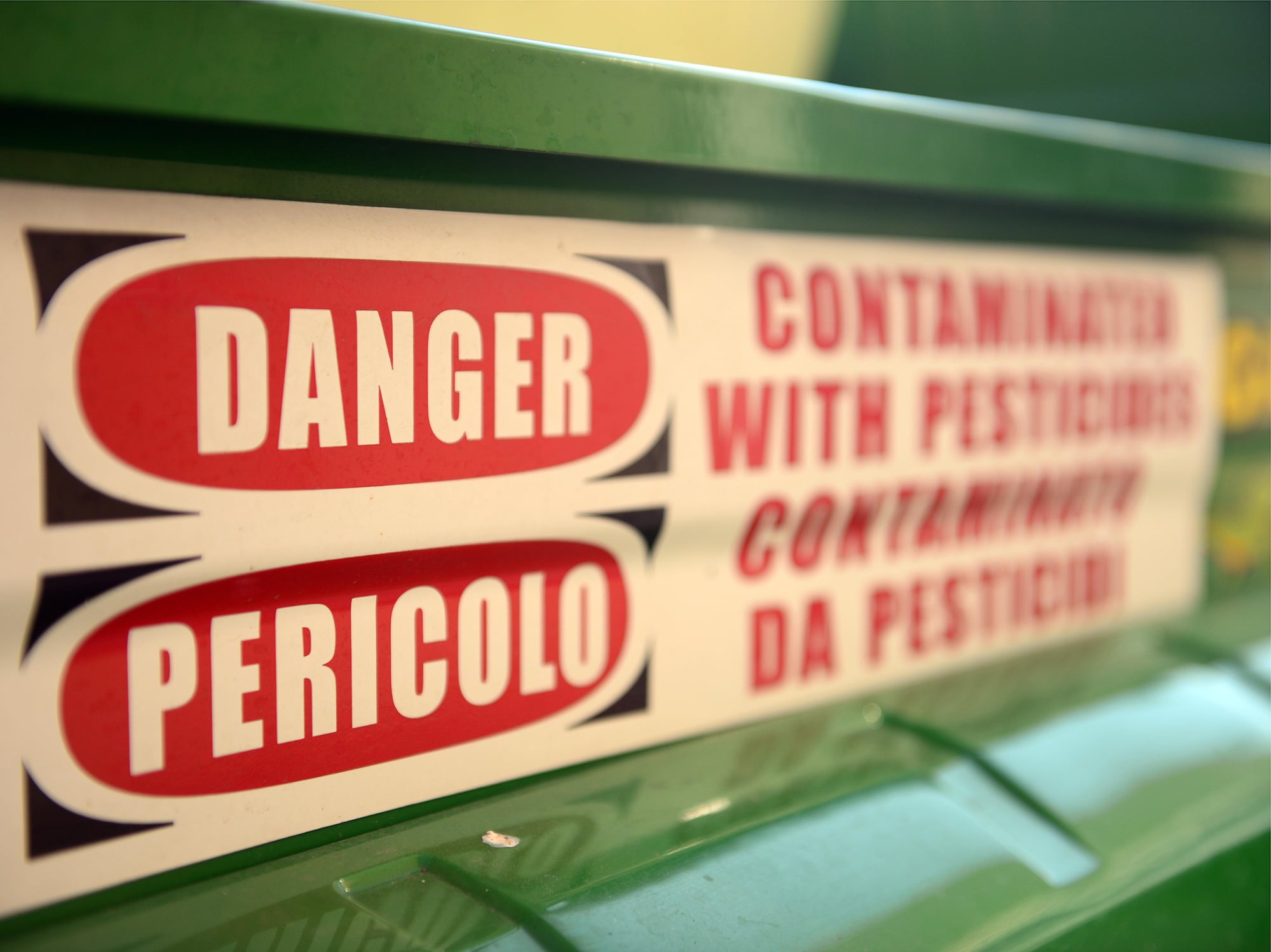
Tell Target to stop selling food grown with toxic pesticides!
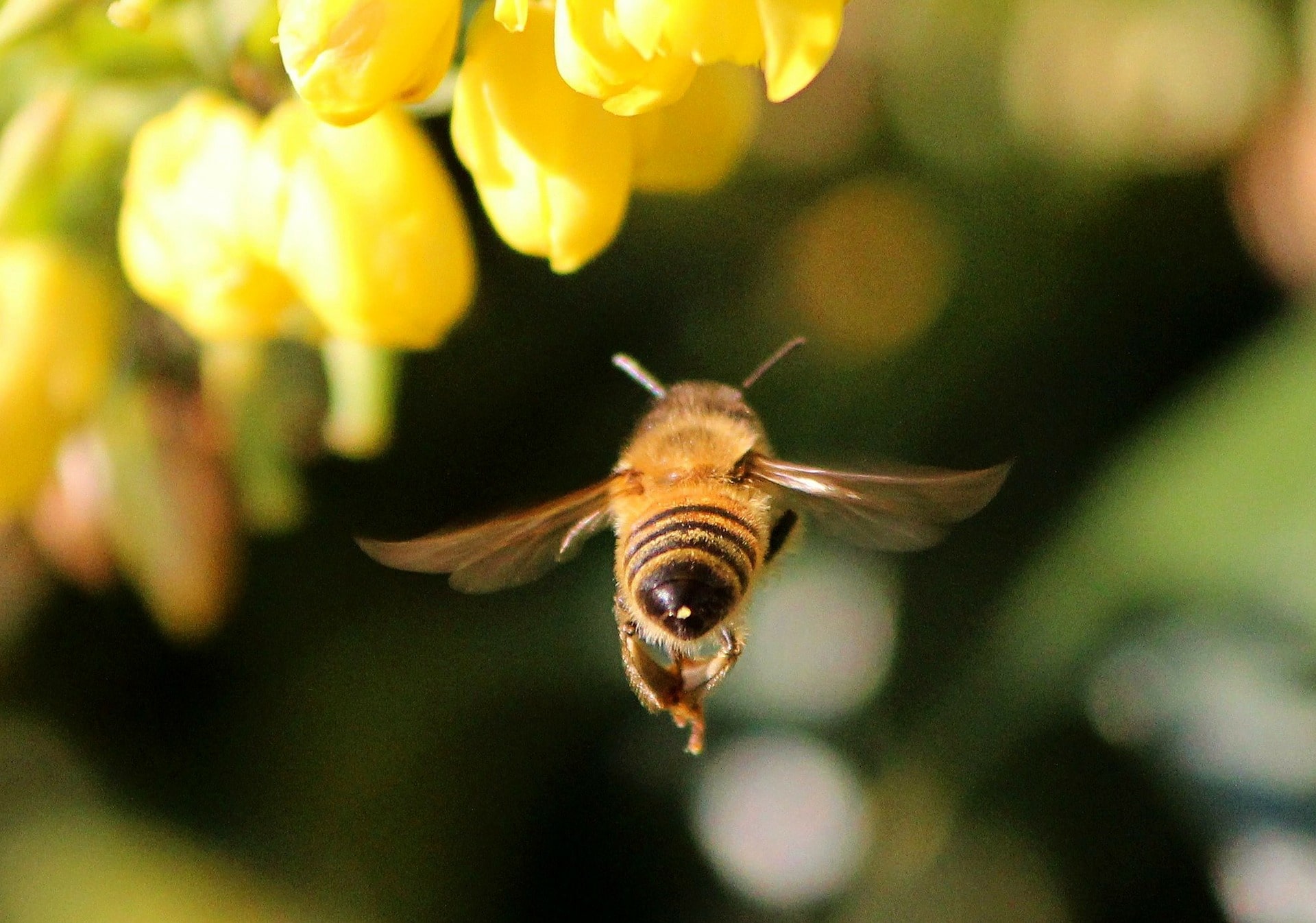
Tell Lowe’s and Home Depot: Stop selling bee-killing Roundup
Organic For All
In this peer-reviewed study, we compared pesticide levels in the bodies of four American families for six days on a non-organic diet and six days on a completely organic diet — and we found that an organic diet rapidly and dramatically reduced pesticide exposure.

Ways to Support Our Work

Read Latest News
Stay informed and inspired. Read our latest press releases to see how we’re making a difference for the planet.

See Our Impact
See the real wins your support made possible. Read about the campaign wins we’ve fought for and won together.

Donate Today
Help power change. It takes support from environmental champions like you to build a more healthy and just world.
